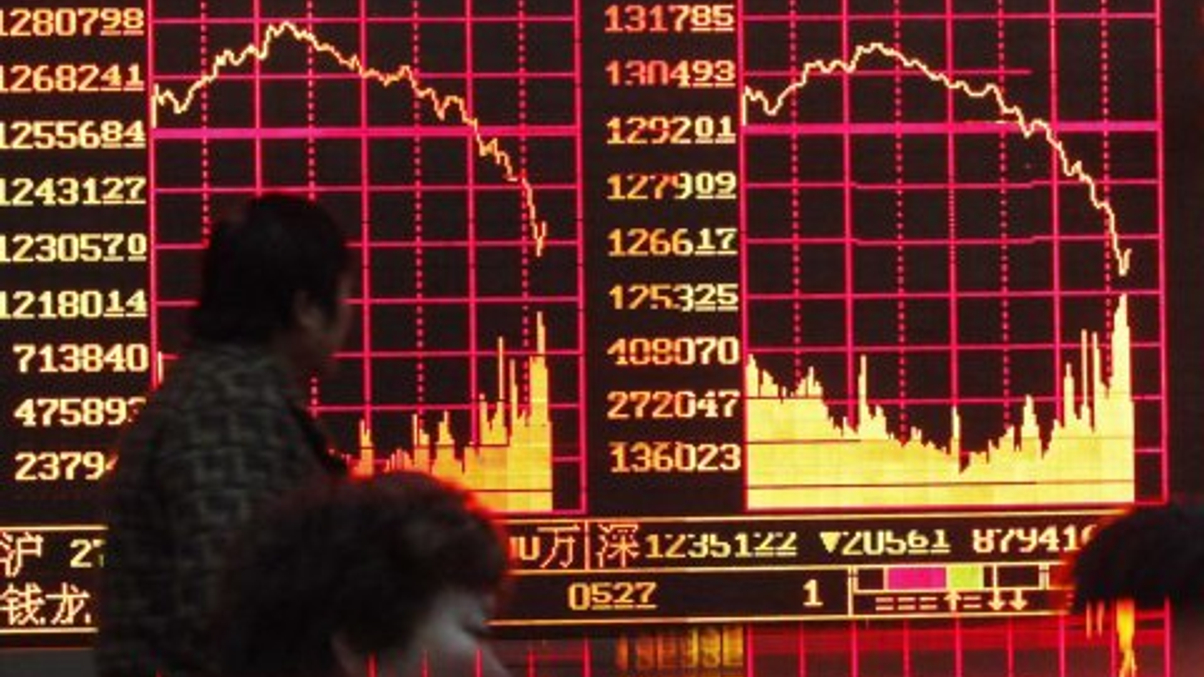Market Views: Are Chinese equities a ‘buy’ yet?
Chinese stock market indices have taken a beating so far in 2018, losing nearly 30%. We asked four experts when investors should start looking at Chinese equities again.

It's not been an easy year for China's stock markets; after adding on 5% and 7%, respectively, last year, both the Shanghai and Shenzhen composite indices are down close to 30% so far in 2018.
Sign in to read on!
Registered users get 2 free articles in 30 days.
Subscribers have full unlimited access to AsianInvestor
Not signed up? New users get 2 free articles per month, plus a 7-day unlimited free trial.
¬ Haymarket Media Limited. All rights reserved.


